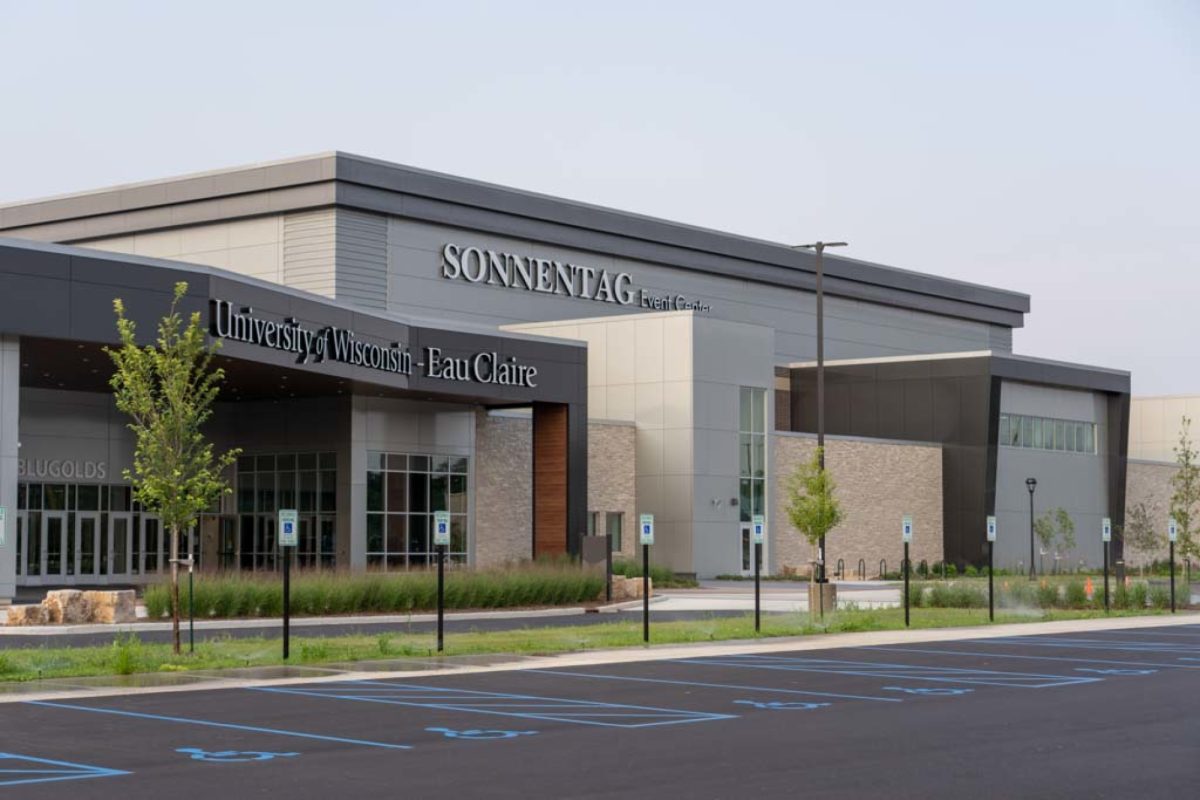As of April 22, Student Senate debated and passed a motion revising the university’s absence policy which became effective immediately.
Dean of Students Brian Carlisle said this revision to the campus attendance policy is simply a modification, and all of the criteria for authorizing an absence including sickness will remain the same.
The major change in the procedure is the removal of the Dean of Student’s influence on the authorized absence policy. Meaning, professors will now makes calls on whether or not a student is excused.
“Basically all it does is allow the student to work directly with their faculty member instead of having to come through us,” Carlisle said. “The idea was that we wanted to streamline the authorization process for students.”
Essentially, Carlisle said the goal of this change is to provide a more active role in the professor’s discretion of their student’s attendance. If the student’s excuse does not fall within the current six categories of acceptable reasons for absence, the decision falls on the shoulders of the professor.
Though seemingly logical, not all of the involved parties are satisfied with the renovation.
While not opposed to the revisions in the university’s policy, History Professor Emeritus Bob Gough said they will increase the pressure on faculty members to make the tough calls on attendance.
“It’s hard to say whether or not this is an improvement … it would seem to make it more of the responsibility of the faculty member,” Gough said. “I don’t immediately see how this is an improvement.”
Gough said the problem stems from the number of variables involved in missing class — there is no defined measure for how sick or incapable of attendance a student should be to miss class.
“It’s very difficult for faculty members to decide the legitimacy of a student excuse,” Gough said. “You either wind up excusing everyone and making attendance voluntary or you have to go with a system of five or so absences.”
While Gough said the revised policy doesn’t necessarily address the entire issue, he admits the answer isn’t readily available.
“I think this new policy doesn’t get at the whole problem of class absence … but we’d need a committee to study the issue for an answer,” Gough said.
Currently, Gough is in the process of writing the history of the university.
In his study of UW-Eau Claire’s attendance policy Gough said he found student attendance of classes was absolutely mandatory during the 60s.
“They’re changing the policy all the time to accommodate students,” Gough said. “It’s an old problem that’s been visited from a number of angles.”
Despite the difficulty in addressing the challenge of accommodating students, Frederick Kolb, professor of economics said the change is not an issue granted his trust of student appeals.
“I have never in my forty-two years at the university asked for proof when an absence occurs,” Kolb said. “I have many students with complicated issues in their lives … I trust my students, and when possible offer them support.”
Although the Dean’s office is moving towards a more hands-off approach to the absence policy, Carlisle said in the future they will continue to check in on students, see how they’re doing and offer resources and support.







